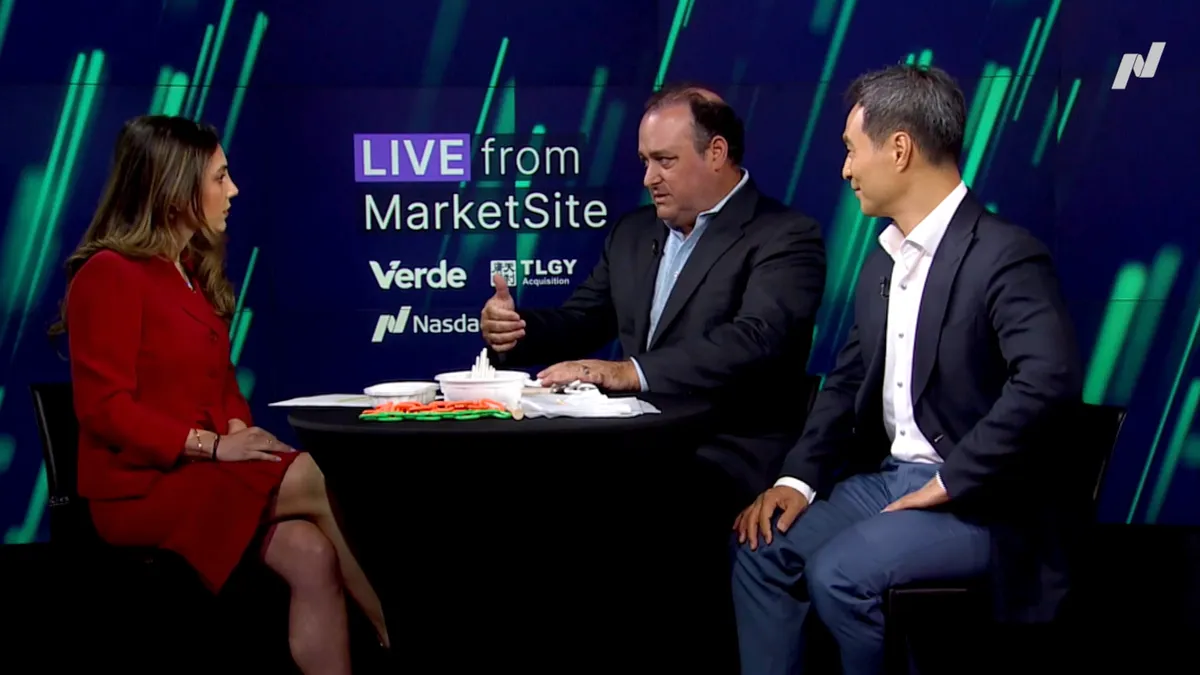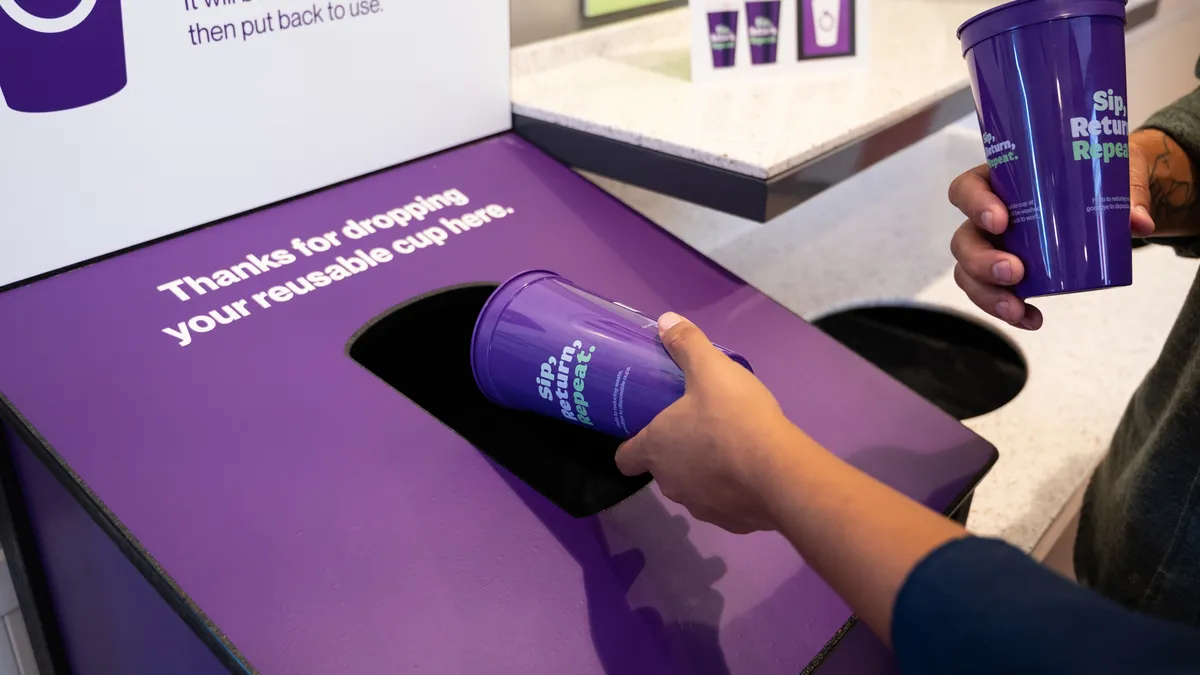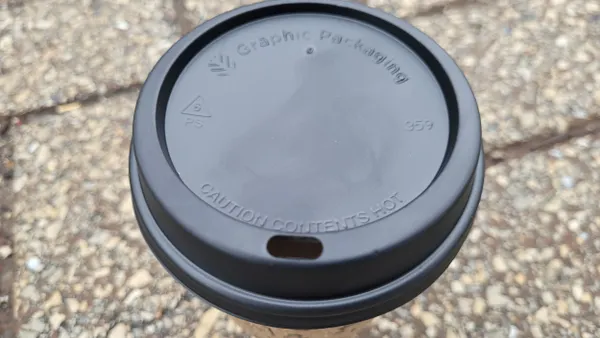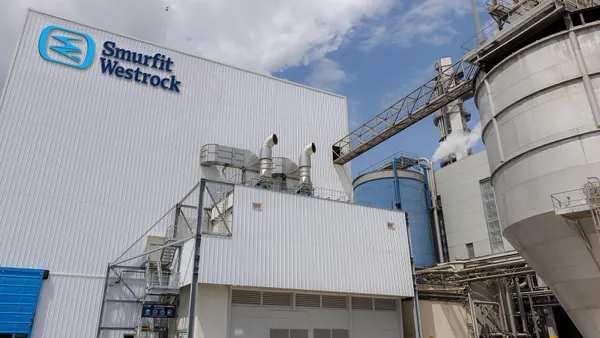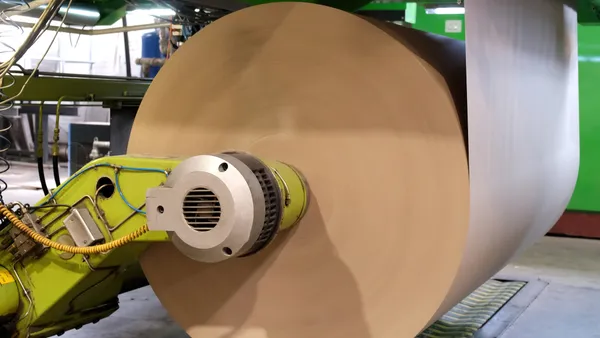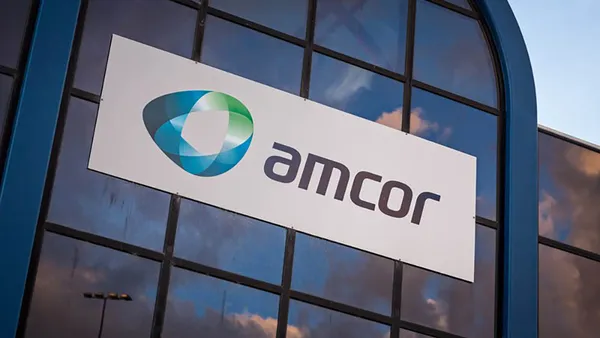Dive Brief:
- Verde Bioresins has terminated an agreement to go public via a merger with TLGY Acquisition Corp., a special purpose acquisition corporation, effective March 12.
- Verde, founded in 2020, is a California-based bioplastics company. Last June, Verde announced plans to do a deal with TLGY that assumed a pro forma value of $433 million for the company.
- TLGY received a notice stating that Verde was exercising its right to terminate the merger agreement and all ancillary agreements. In a filing signed by CEO Jin-Goon Kim, TLGY reported that it agreed to a termination “but disputed the grounds for the termination of the merger agreement.”
Dive Insight:
The bioplastics market has heated up in recent years as major CPGs and other customers look to reduce the amount of virgin resin in their products. At the same time, the SPAC market has become more complex and financially risky than it was during prior years.
The Verde-TLGY deal was repeatedly delayed from its original timeline, most recently pushing the combination deadline from March 17 to April 16. TLGY reported it had completed a required $110,000 deposit as part of the transaction on March 12, but the deal was terminated that day. Neither company responded to a request for comment.
Verde previously touted plastics broadly as a $600 billion global market, about half of which covers polyethylene and polypropylene, and said the company’s biobased alternatives could meet a large portion of that demand. In a filing last year, TLGY said Verde’s “peer companies” included PureCycle Technologies, Danimer Scientific and Origin Materials.
During a Dec. 4 investor event, Verde President and Chief Operating Officer Brian Gordon said “we're hoping to close our SPAC transaction in February” and “will be submitting our second round of comments from the SEC responding to them this month.”
CEO Joe Paolucci described the company’s “PolyEarthylene” product as a “thermoplastic bio-based polymer, virtually identical to high density and low density polyethylene and polypropylene.” It is produced from “ethanol based renewable feedstocks,” such as sugarcane.
He said the product was a preferable alternative to corn-based resins such as PLA or PHA, due to its longer shelf life and other factors. The product was described as “completely recyclable and compatible with high density and low density polyethylene and polypropylene,” as well as compliant with U.S. Food and Drug Administration food contact guidelines.
Paolucci noted the company would scale in part through a supply partnership with plastics manufacturing company Braskem, where he formerly worked, as well as a distribution partnership with Vinmar and other companies. At the time, Gordon said there was “strong customer interest in terms of our $250 million sales pipeline.”
Last fall, Verde announced the Philadelphia Eagles planned to use its product for retail bags. During the December investor event, Paolucci also said growing demand from major CPGs with recycled content commitments could boost business. The company cited rigid disposable packaging, durable packaging and flexible packaging as potential markets.
Verde executives previously described the SPAC deal as a way to scale up operations more quickly. According to a November filing, Verde had “not been profitable since its inception” and reported a net loss of nearly $5.1 million for the first six months of 2023. It first began earning money from the sale of its PolyEarthylene product in April 2023.
Adjusted sales for the period of July 2023 through June 2024 were projected to be $11.5 million, with a small gross profit but negative earnings before interest, depreciation and amortization. The company projected $60 million to $80 million in sales for July 2024 through June 2025, with a higher gross profit and positive EBITDA.
During the December presentation, Gordon said the company was on track to have 25 million pounds of annual capacity at its Fullerton, California, facility by January. Verde also reported plans to establish a larger-volume facility in the Midwest that could be active by 2025.



